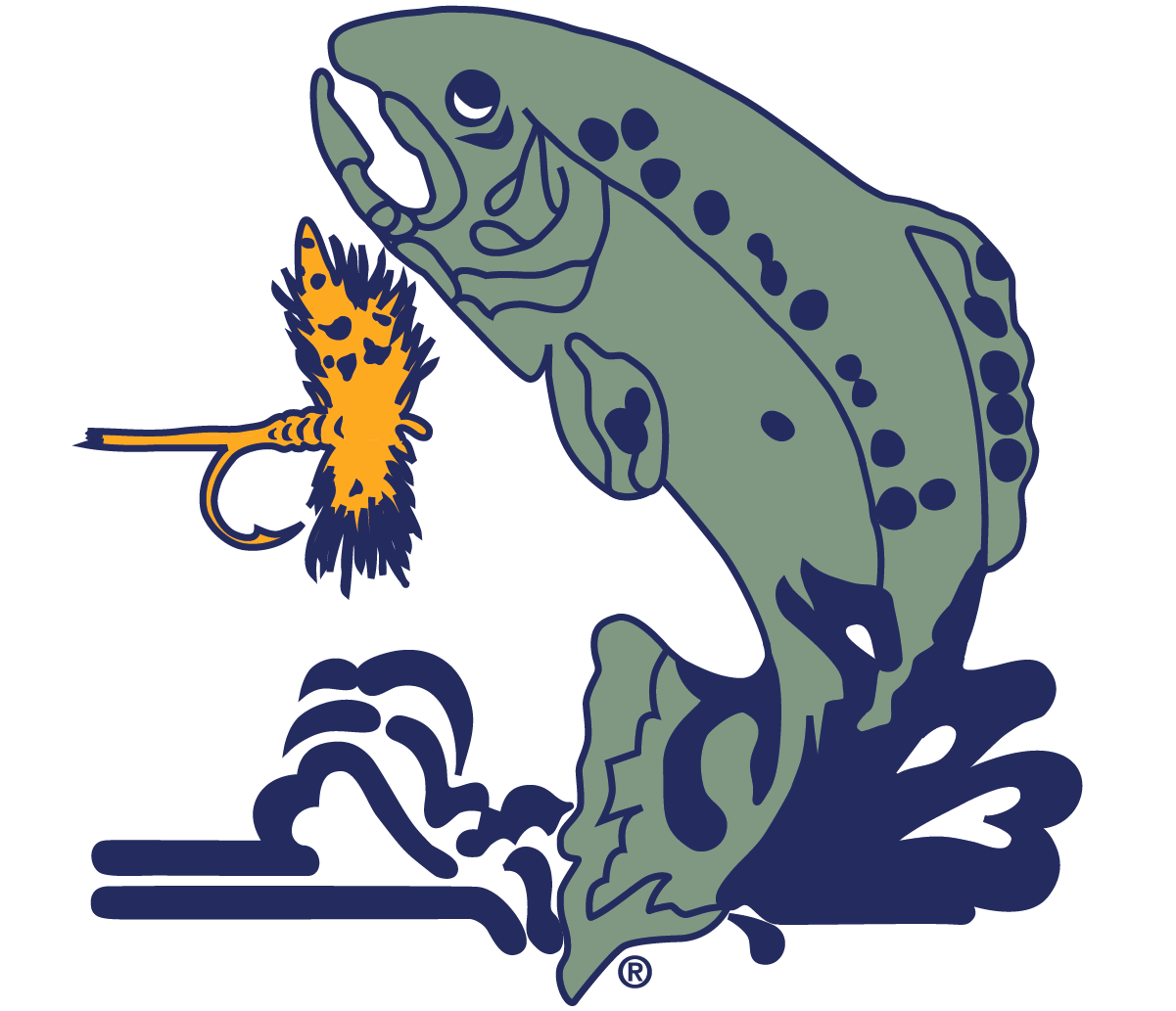The Yellowstone Park Foundation, a 501(c)(3) non-profit, was established in 1996 by a group of concerned citizens. The mission of the Yellowstone Park Foundation is to support projects and programs that protect, preserve, and enhance Yellowstone National Park. The Foundation receives no annual government funding but relies solely on the generosity of individuals, corporations, and foundations like NFWF and JHOF to support initiatives that are beyond the financial capacity of the National Park Service. The Yellowstone Park Foundation raises money for projects and programs and since it’s creation, approximately 14,000 individuals, foundations, and corporations have committed funds to support more than 85 projects and programs that benefit Yellowstone National Park.
The Jackson Hole One Fly Foundation – National Fish & Wildlife Foundation Conservation Partnership Program is funding this project to collect data on Yellowstone cutthroat trout population in Upper Yellowstone River. The Yellowstone cutthroat trout population is in a decline and a majority of its historic habitat has been lost. No systematic inventory has been conducted Yellowstone River upstream of the Yellowstone National Park boundary. By conducting spawning surveys, tagging and tracking, coordinating macro invertebrate sampling, habitat assessment, stream discharge and temperature measurements, biologists will gain needed knowledge of the life history and status of this declining species.
Project Status:
Since work on the Upper Yellowstone River Fisheries Assessment began in 2003, Park biologists have been capturing and implanting radio tags in Yellowstone cutthroat trout found in the Upper Yellowstone drainage. They have tracked the movement of tagged fish through aircraft and ground surveys. Work is also ongoing to assess the area’s spawning population, estimate population abundance, and conduct fish health surveys as well as genetics integrity analyses. Biologists have also begun and will continue to assess fish habitat and monitor stream temperatures. The Park hopes to conclude this research by October 2005 and begin writing a project summary report that will be completed in December 2005.
For more information, contact: Lisa Diekmann, [email protected], 406-586-6303.


